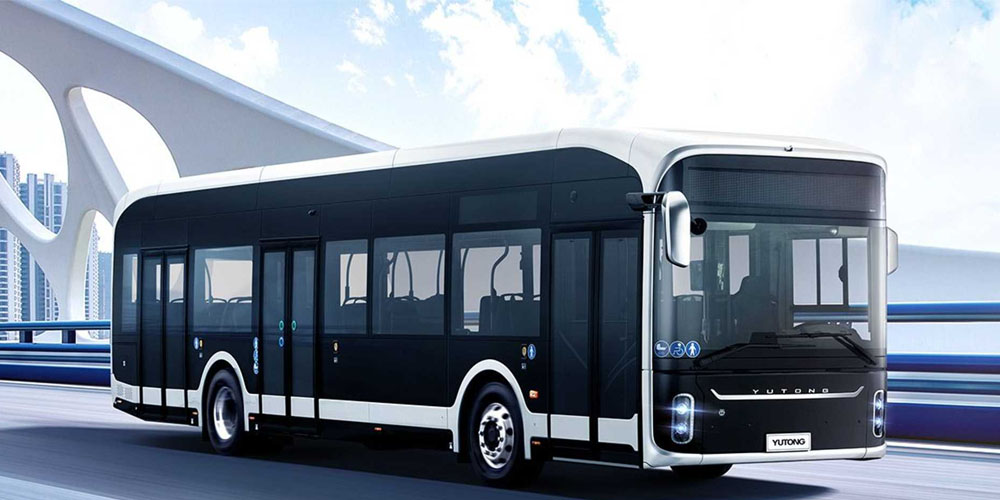For cities, private transit providers, and schools searching for an alternative to conventional buses, electric buses are exploding onto the scene. It’s not surprising that these buses are becoming more popular because they are more environmentally friendly and can help you save money over time.
By 2025, it’s possible that close to half of the city bus fleets throughout the world will be electric. Up from 386,000 electric buses in 2018, that would be roughly 1.2 million. A type of electric vehicle (EV), an electric bus is one that runs on electricity rather than alternative fuels like diesel or gasoline.
A hybrid car uses both an internal combustion engine and a battery to operate, but an electric bus only uses electricity. Because of this, electric vehicles are occasionally referred to as “all-electric vehicles” to emphasize that they solely run on electricity. Here we are going to discuss the working and assessment of electric bus price for providing the purchasing guidelines to customers.
Cost Of The Electric Buses
The size of the bus’s battery directly relates to how much an electric bus costs. On average, 1KW cost $1000 plus the cost of the body ($50k–$100k). For planning considerations, it should be noted that most electric buses with ordinary lead-acid batteries have ranges of 40 to 80 miles per charge.
Positive Points Of The Electric Bus:
There are certain vital advantages to take into account when it comes to electric buses. Electric buses are silent, require low maintenance, and are reasonably priced.
Economical
By reducing maintenance expenses and eliminating fuel expenditures, electric buses are more cost-effective. Over the course of the bus’s lifetime, these cost reductions might total about $39,000 a year, more than covering the added expense of an electric vehicle. Government subsidies, tax incentives, and grants from your power supplier are additional ways to defray the cost.
Least Upkeep
Electric buses also have the primary benefit of requiring little maintenance. An electric bus eliminates the requirement for many maintenance procedures that are essential with a diesel or gas-powered bus. When maintaining an electric bus, you can do away with:
- Oil changes for engines
- Changing engine air filters
- Smog checks
- Replacing coils or spark plugs
- Transmission maintenance
Environment Friendly
Electric buses are more environmentally friendly than other solutions, which is one of the key arguments in their favor. An electric car will have less of an environmental impact than a combustion engine that burns fuel, such as diesel. An electric bus is an obvious choice if helping the environment is your top goal when selecting a bus.
Moderate Working
Compared to buses with internal combustion engines, electric buses run much more silently. This is always a great feature of electric cars, but for school buses, it can have significant advantages. Drivers may feel more in charge as a result, and passengers may be held more accountable as a result.
Concluding Remarks
As from the above discussion in this article, we have discussed the Electric buses and their working way. As compared to the other typical vehicle electric buses will offer major benefits of conservation of the environment. Hope so you would like this article and your information level will be upgraded.

Armstrong
Armstrong is a designer of technology products. He has a B.S. in electrical engineering and an M.S. in computer science from Stanford University, and he has worked at several startups, including Google and Facebook. He is the co-founder of Conversion.ai, Proof, and Apptopia.